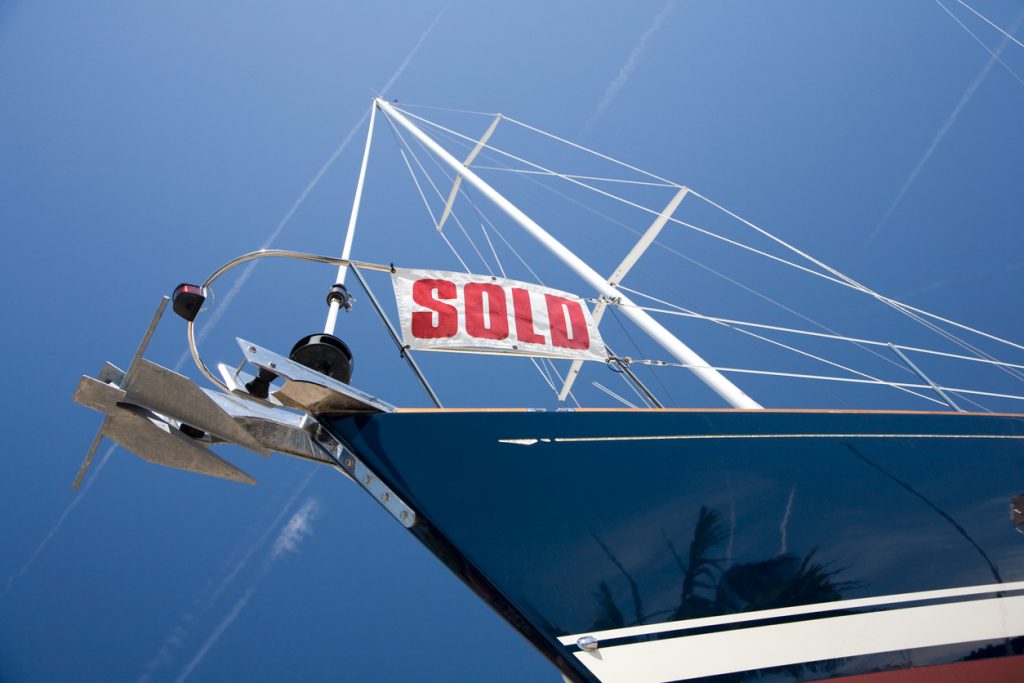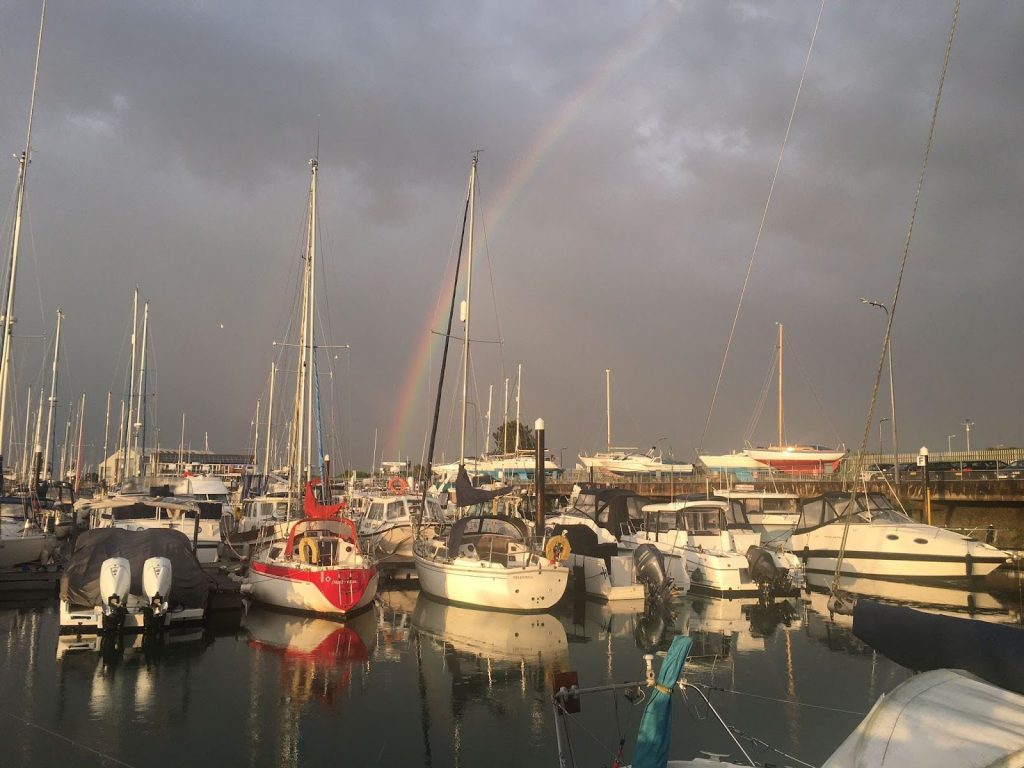Today’s renewable tech means we’re closer than ever to boating fossil free. Even if you're no eco-warrior, there’s no denying the savings and convenience that upgrading with renewable electricity generation brings to your boating experience. But what kind of device suits your boat best? Solar? Wind? Hydro? Have no fear – find your perfect power solution with our roundup of the pros and cons.
How much power do you need?
Maybe you’re trying to replace fossil-fuel power on your boat entirely. Or perhaps you just want to top up your battery a little. Either way, the first and most important step is to find out how much electricity you need. The average 30-foot boat usually uses about 300–350 watts, but if you’re a real gearhead, then your tech might be draining more than that. Check the amp hours and volts used by your appliances, or consider buying a battery monitor. Now you can find the perfect generation solution for your setup!
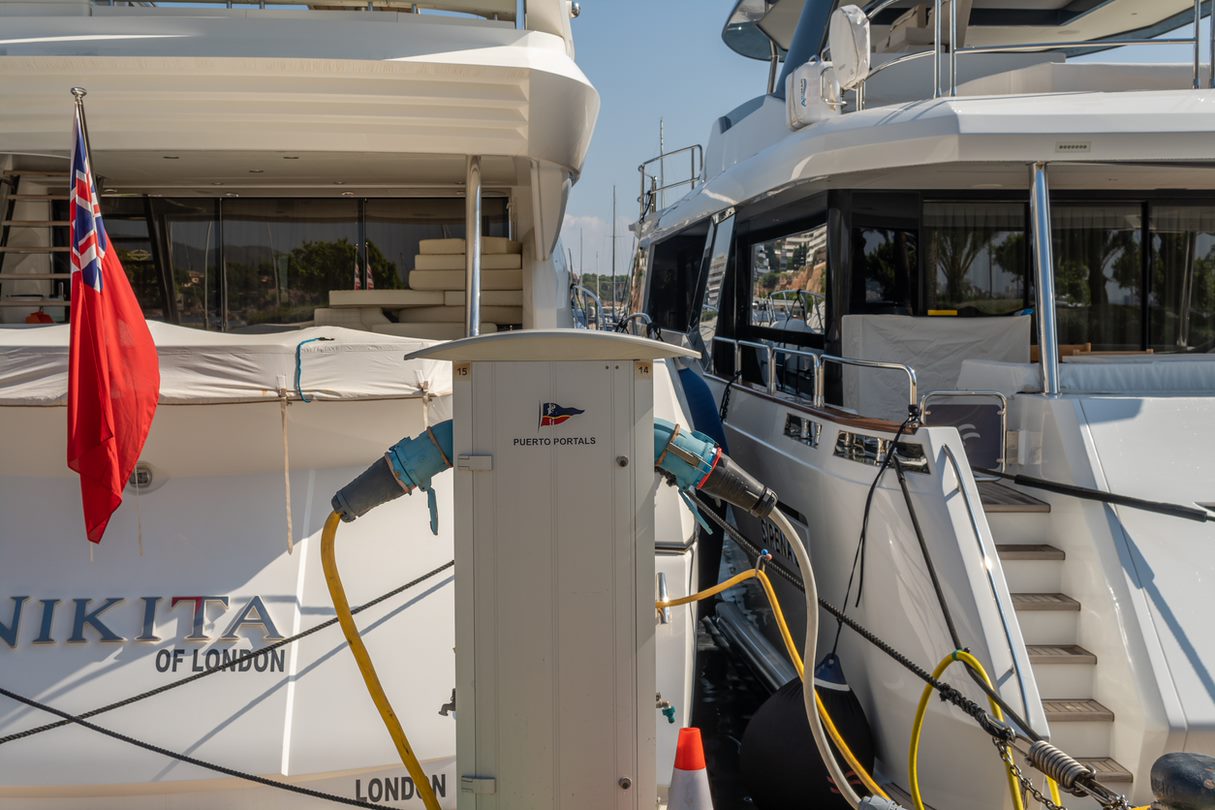 Check out much power you need to run your boat.
Check out much power you need to run your boat.
Solar panels
Cheaper and more efficient year by year, marine solar panels are a simple, effective way to generate renewable electricity for all types of vessels, from sailboats to power boats. But the kind you can use will depend on the space available. From cheaper polycrystalline to higher-efficiency monocrystalline models, rigid panels are the most common and long-lasting, but need mounting or a flat surface. Flexible or semi-flexible solar panels can squeeze onto a wider variety of surfaces and you can walk on them. And thin film panels can even go on your sails! Low-maintenance and versatile, solar is a no-brainer – assuming you have space and sun. (Though not too much sun: panels are actually less efficient at high temperatures.) Just don’t forget to check that your manufacturers’ warranties don’t exclude salt water and marine environments.
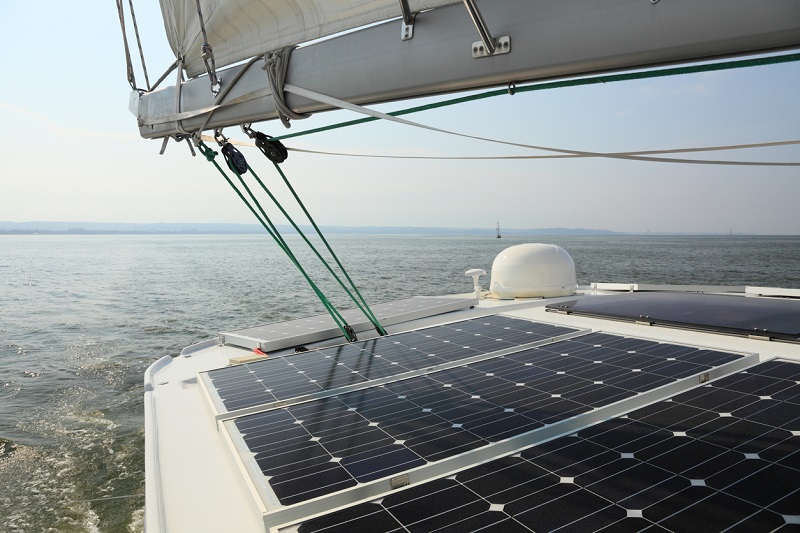 Solar panels are a simple and effective source of power.
Solar panels are a simple and effective source of power.
Wind power
But solar isn’t the only way to go. In windier climates, such as Northern Europe, turbines may be a more reliable source of renewable electricity for your boat. In those conditions, a marine wind turbine can generate an unmatched charge. That said, you’ll lose a lot of power when harbouring in sheltered areas and while sailing downwind. For many, the bigger issue is aesthetic: turbines are usually relatively bulky, can be quite noisy and cause detectable vibrations in the boat.
 In windier climates, turbines are an excellent source of renewable energy for your boat.
In windier climates, turbines are an excellent source of renewable energy for your boat.
Hydrogenerators and regenerators
Another solution gaining traction is to recover energy from your boat’s movement through the water. Modern hydrogenerators are mounted to your transom and can be raised above water level when not in use. Particularly when sailing at higher speeds, these devices can generate a surprising wattage with barely noticeable drag. Of course, this only works while you’re moving, and hydrogenerators are usually the most expensive option – besides being fairly vulnerable. An increasingly viable alternative is to regenerate power through the reverse movement of your engine’s propeller. This can be retrofitted, but is most efficient with a modern hybrid drive – worth considering if you’re due to replace your engine anyway.
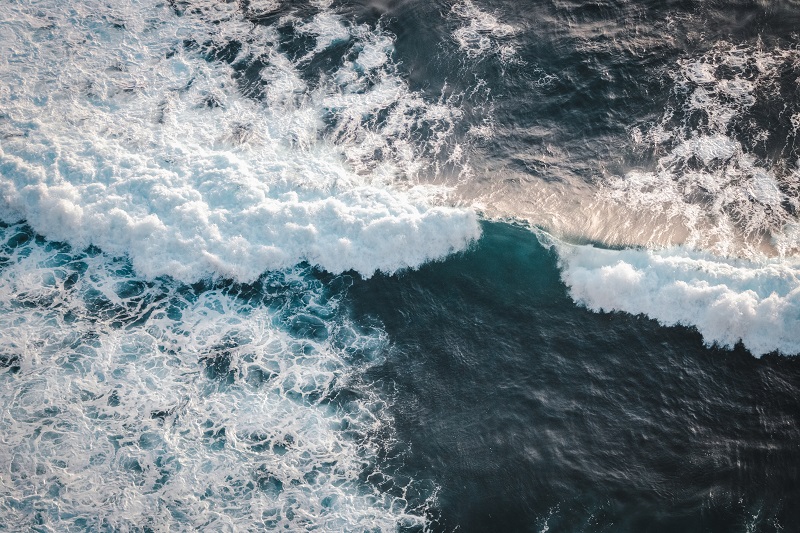 Gaining traction from your boat's movement through the water is an effective though expensive way to recover energy.
Gaining traction from your boat's movement through the water is an effective though expensive way to recover energy.
For many, the perfect solution will be a combination of two or more. Are you looking to buy or upgrade? Browse the features: some boats come with panels already built in.
Images: Neme Jimenez via iStock; LSaloni via iStock; ExpectBest via Pexels; Stephane Hurbe via Pexels

